 Fort White Plumbers
Fort White Plumbers
 Fort White Plumbers
Fort White Plumbers
Gas Line Repairs is a critical plumbing service that includes assessment, upkeep, and correction of natural gas and propane lines to ensure code adherence and safe operation. This service resolves gas leaks, pressure irregularities, and pipe damage, using advanced diagnostic tools and safety standards to mitigate risks and secure premises. Licensed plumbers ensure all repairs meet regulatory standards for consistent and protected fuel transmission
We provide top-quality Plumbing services throughout Columbia County. Whether you need help with Gas Line Repairs or other issues, our Team is ready.
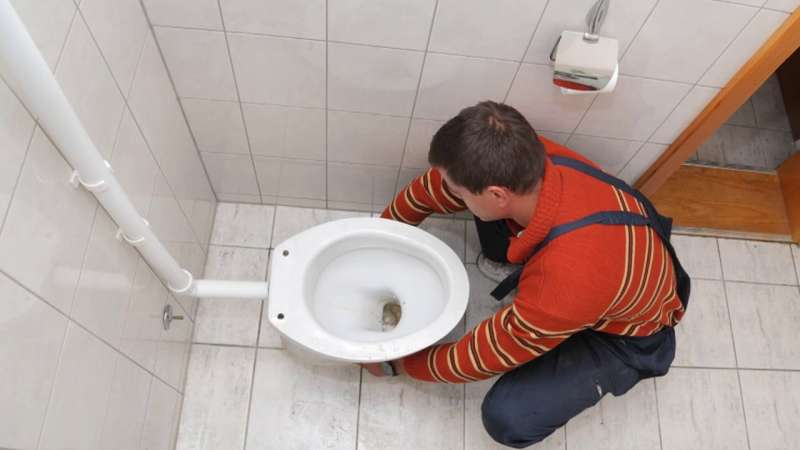
Installing dishwashers, water heaters (tank and tankless), garbage disposals, and cleaning machines.
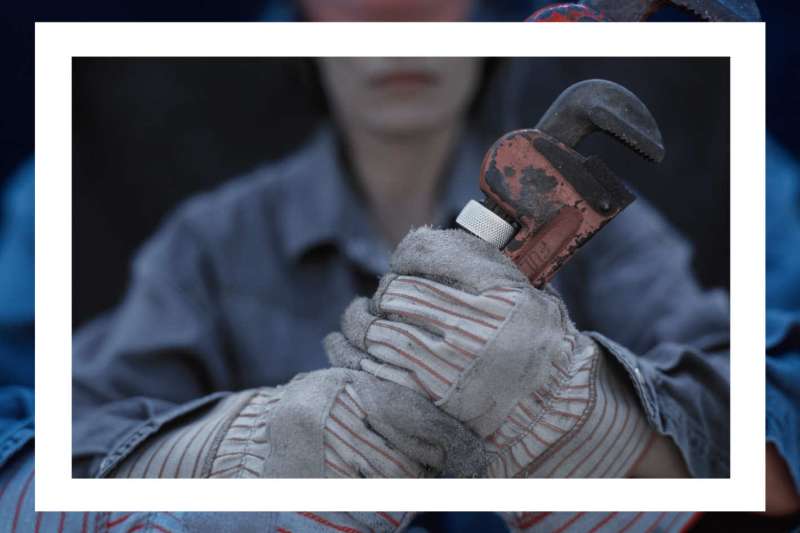
Ensuring backflow avoidance gadgets are working properly.
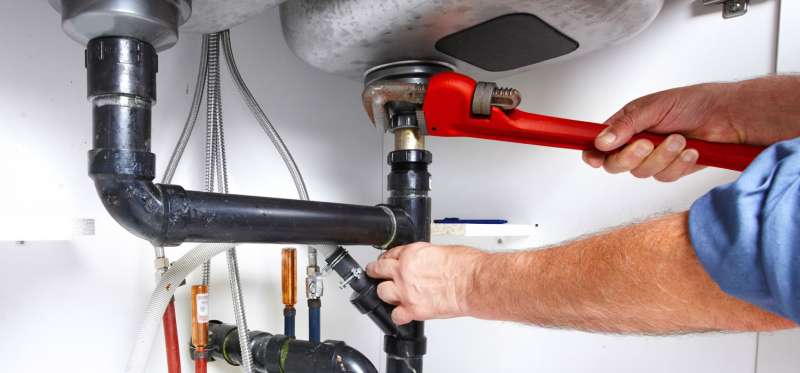
Transferring or upgrading plumbing systems.
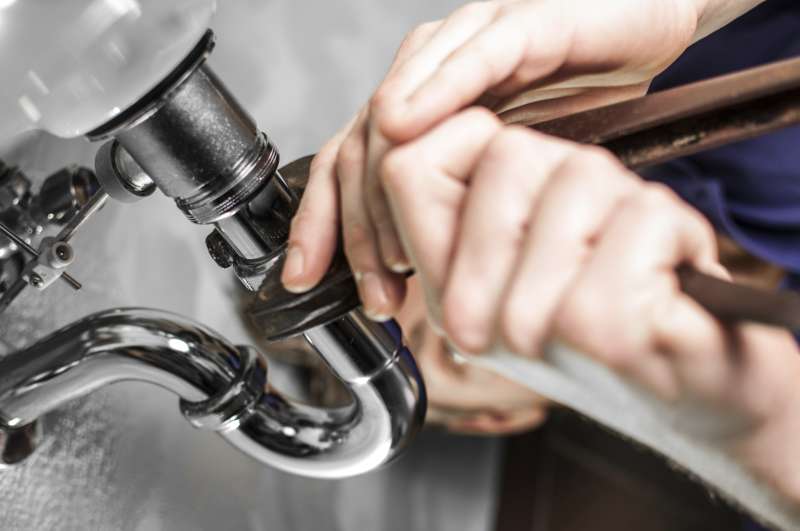
Ensuring plumbing systems satisfy local policies.
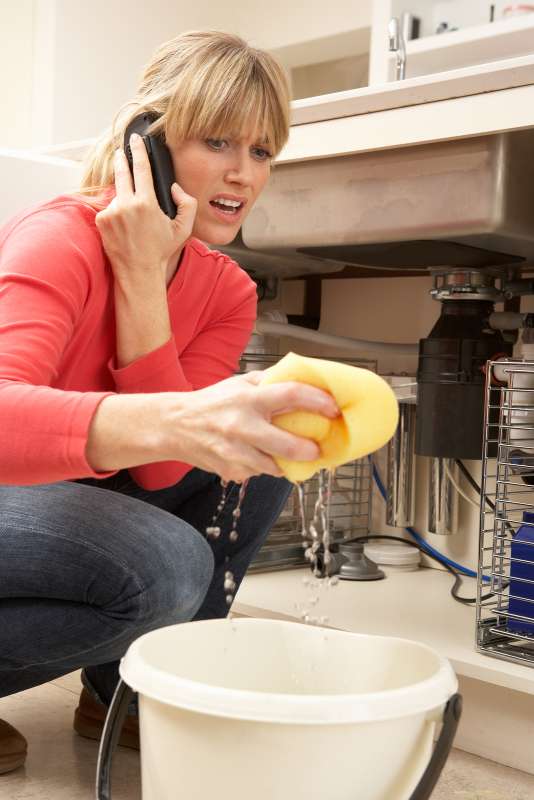
Immediate reaction to prevent flooding and water damage.

Clearing blockages in sinks, toilets, showers, and drain lines.
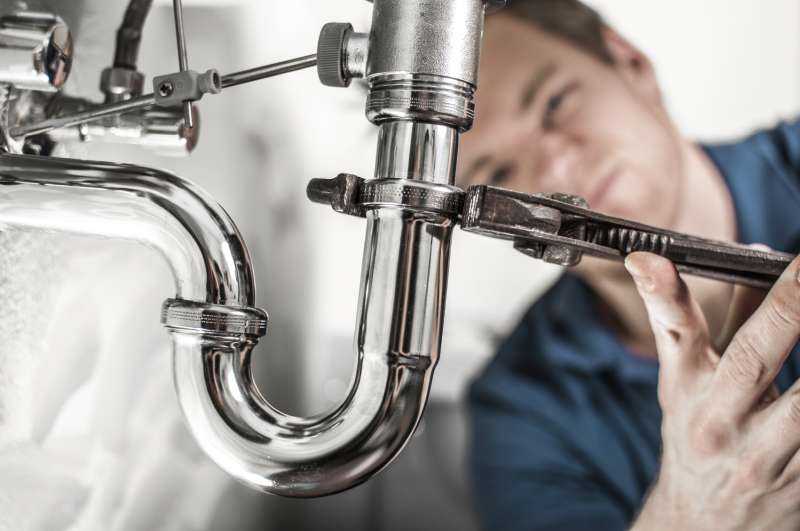
Regular cleansing to prevent obstructions and preserve circulation.
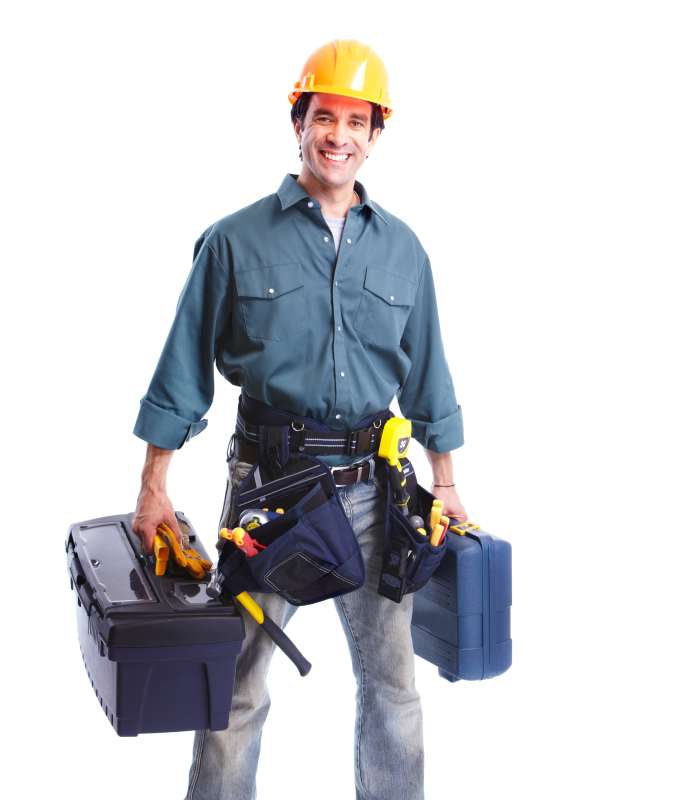
Repairing malfunctioning faucets, toilets, and other fixtures.
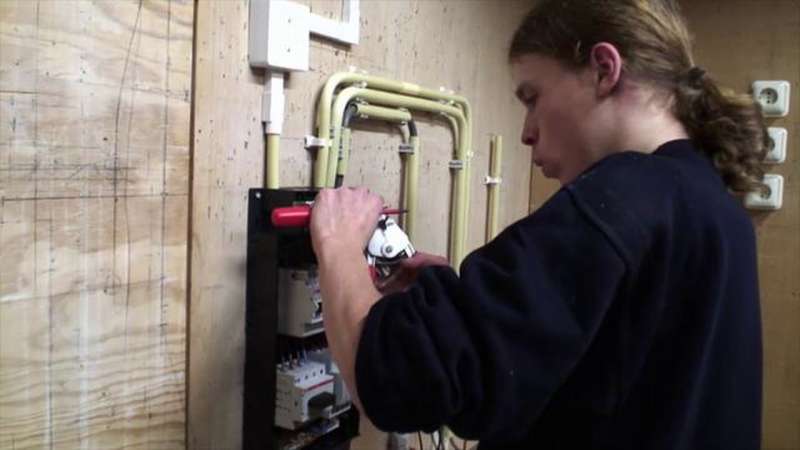
Installation of sinks, faucets, toilets, tubs, and showers.
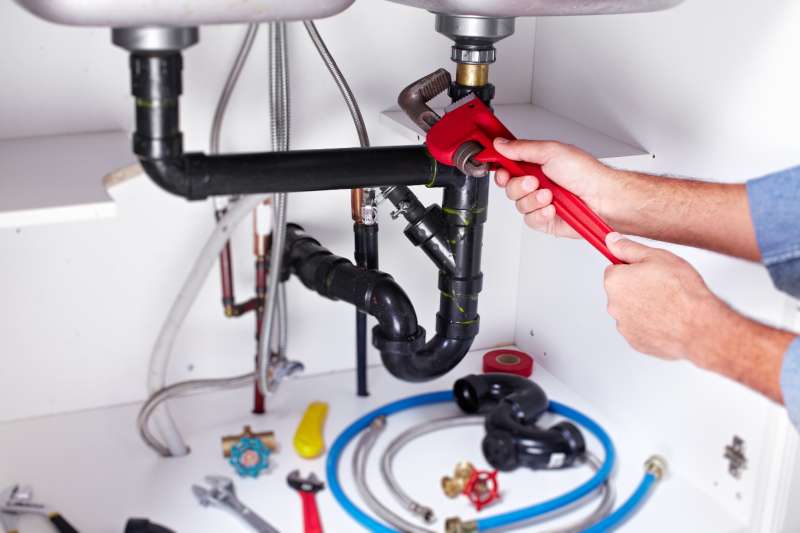
Emergency detection and repair to prevent hazards.
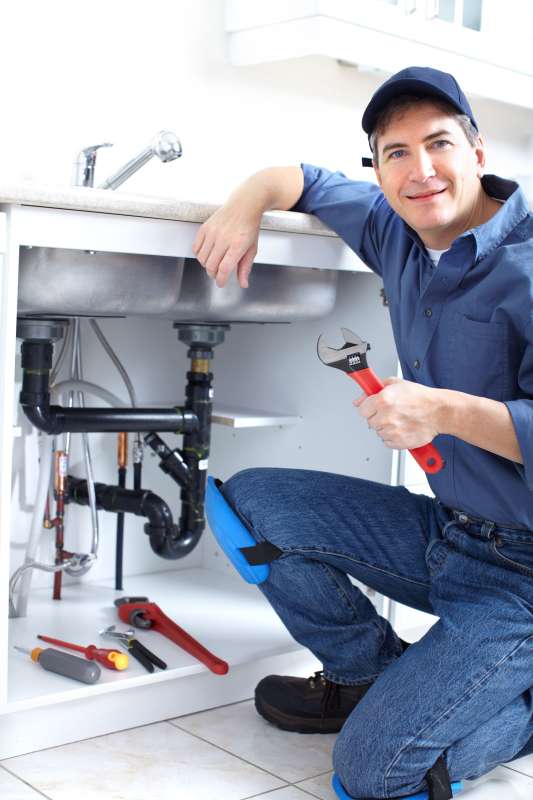
Fixing gas leakages and making sure correct gas line functioning.
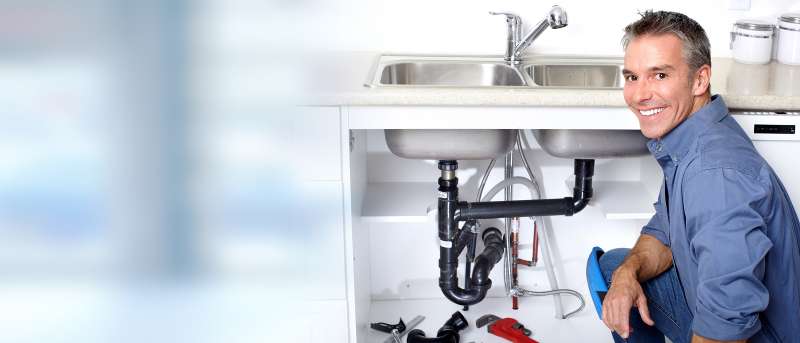
Establishing systems for recycling household wastewater.
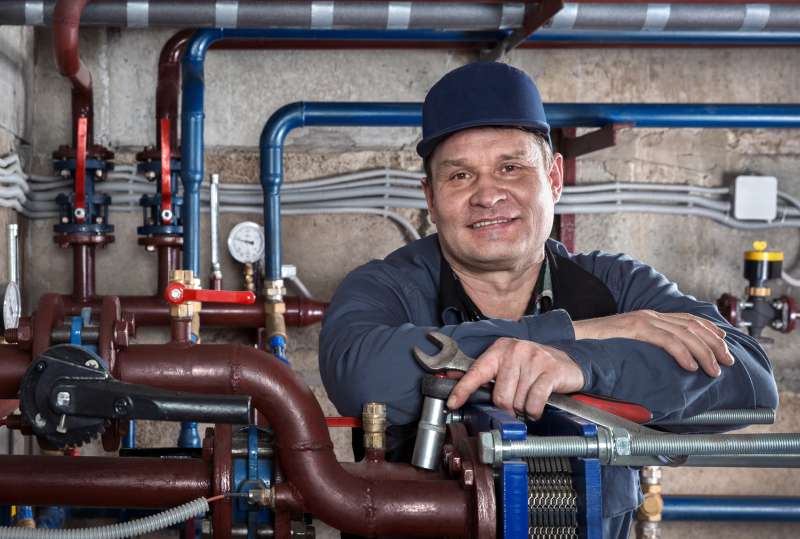
Installing and preserving radiant flooring heating systems.
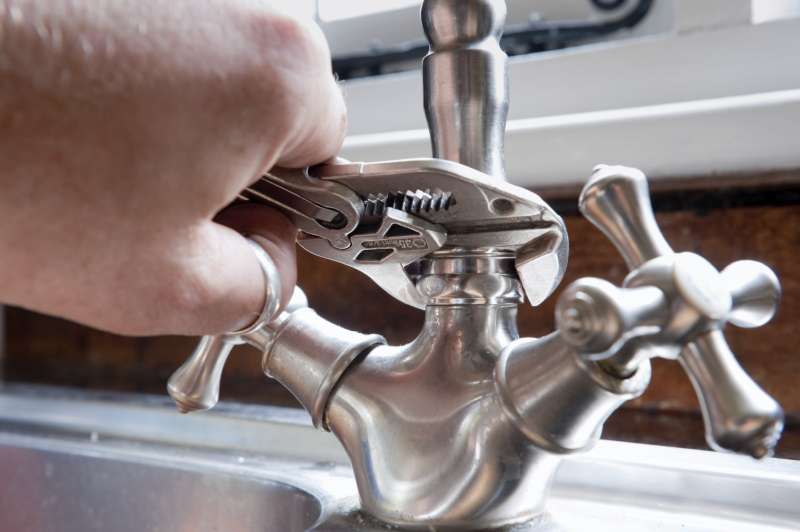
Specialized piping for factories or industrial settings.
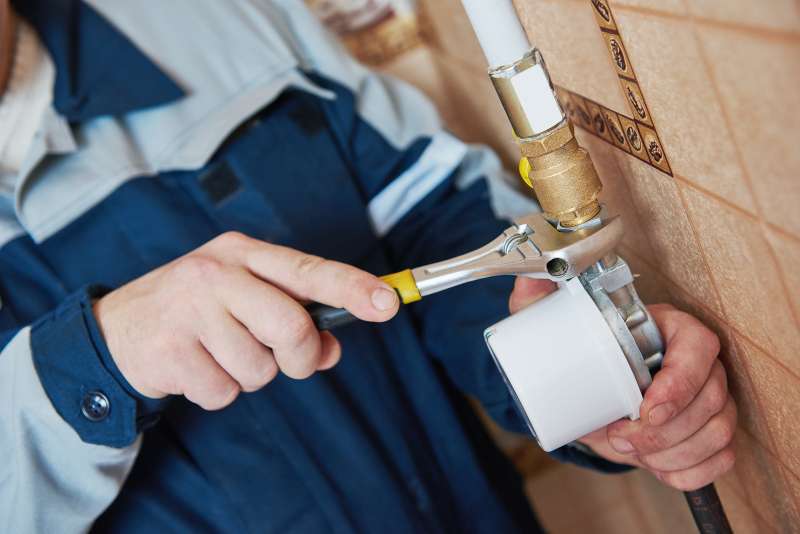
Installing and keeping outdoor watering.
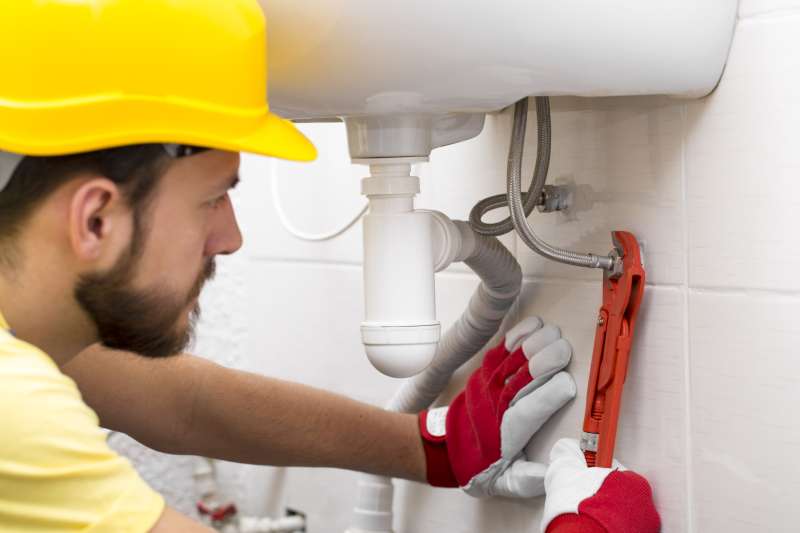
Plumbing systems for new buildings or renovations.
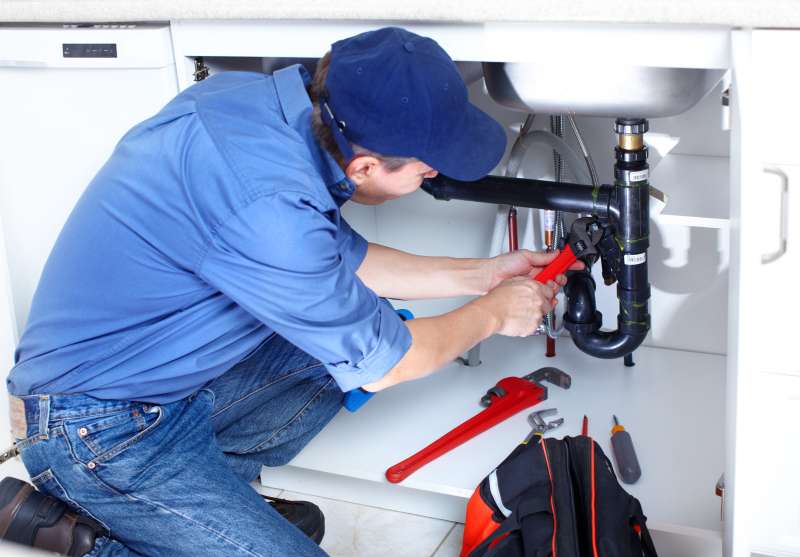
Fixing leaks in pipes, faucets, toilets, and home appliances.
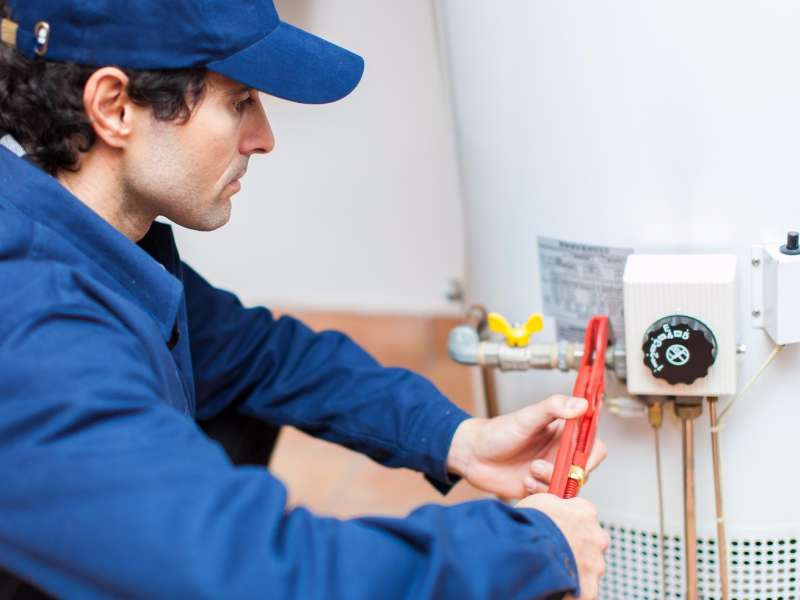
Quick resolution of severe blockages and overflows.
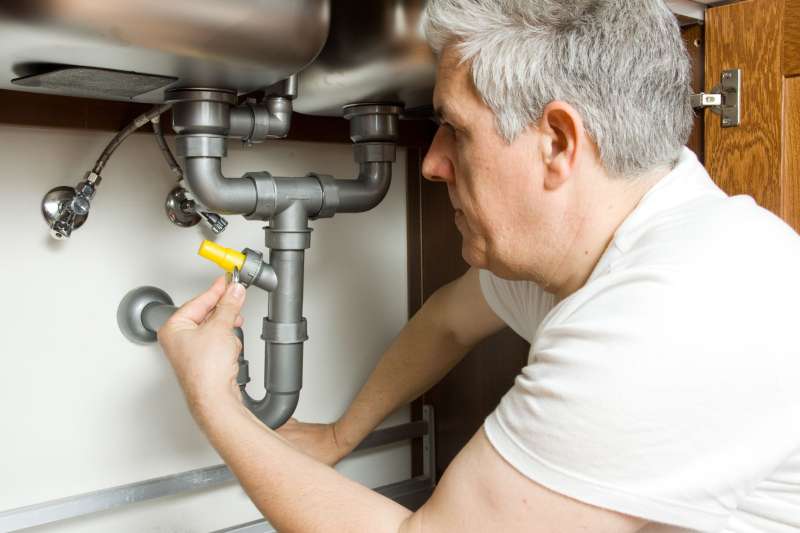
Using cams to inspect pipes for damage or clogs.
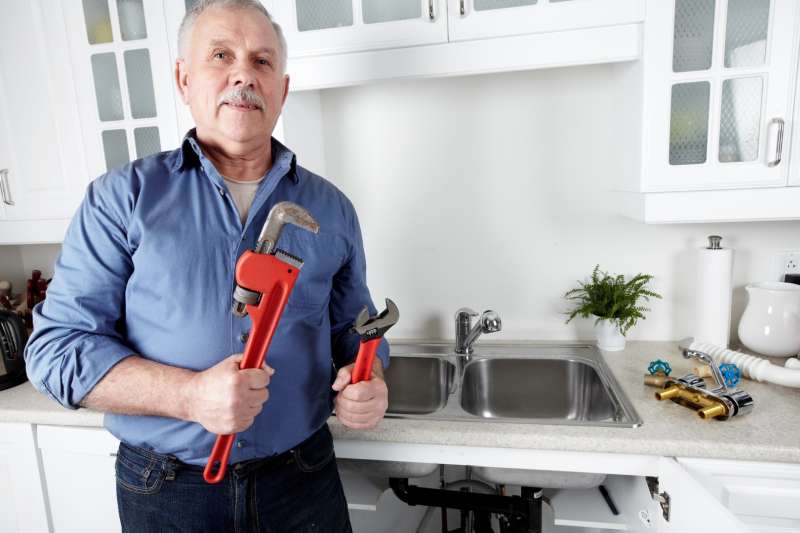
Repairing or changing burst, worn away, or harmed pipelines.
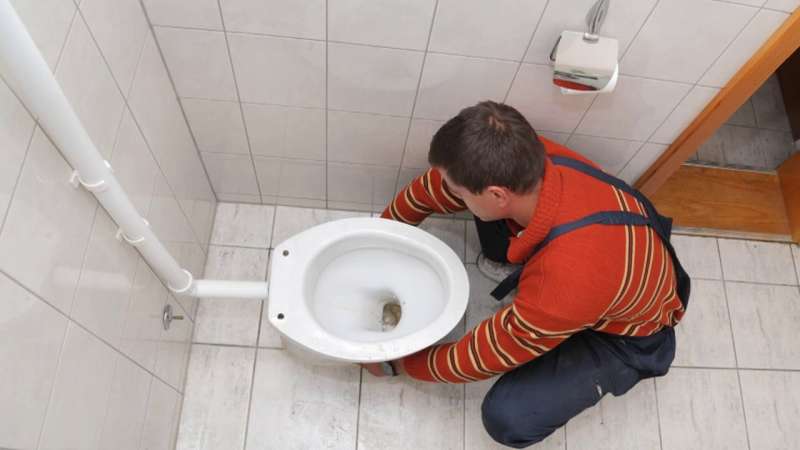
Installing brand-new piping systems for water, gas, and drainage.
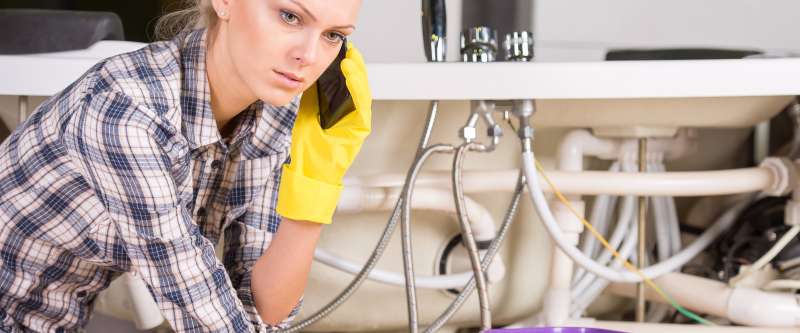
Assessing plumbing systems before buying residential or commercial property.
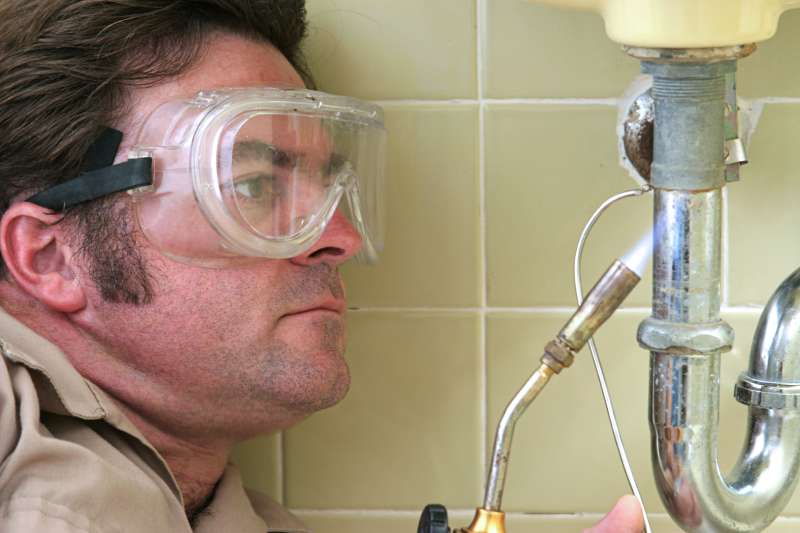
Installing systems to gather and utilize rainwater.
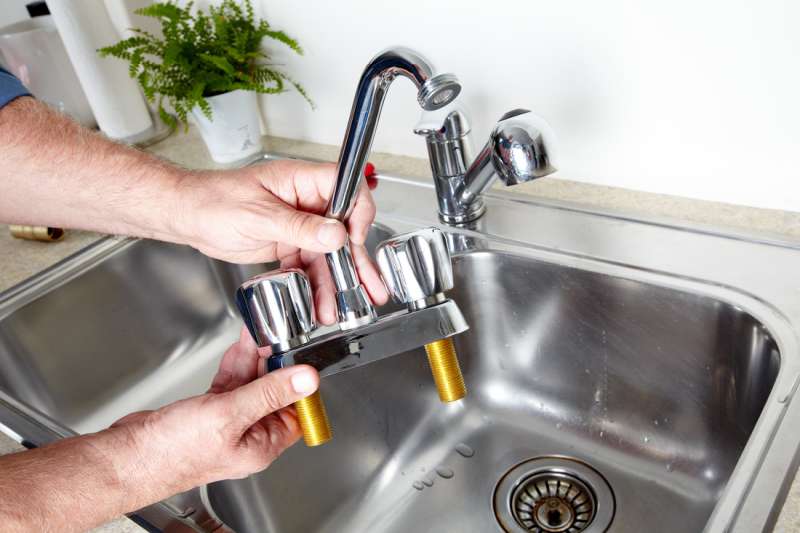
Continuous maintenance services for services.
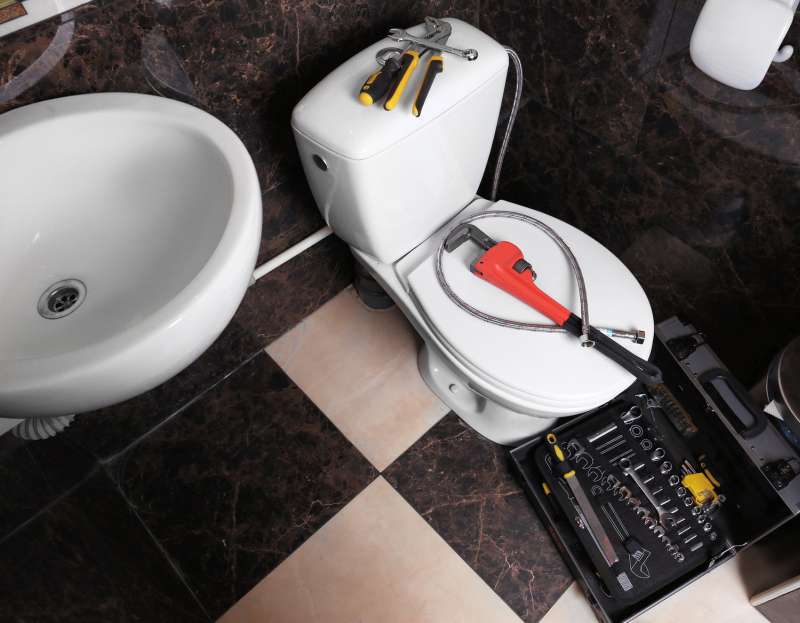
Setting up, repairing, and keeping septic systems.
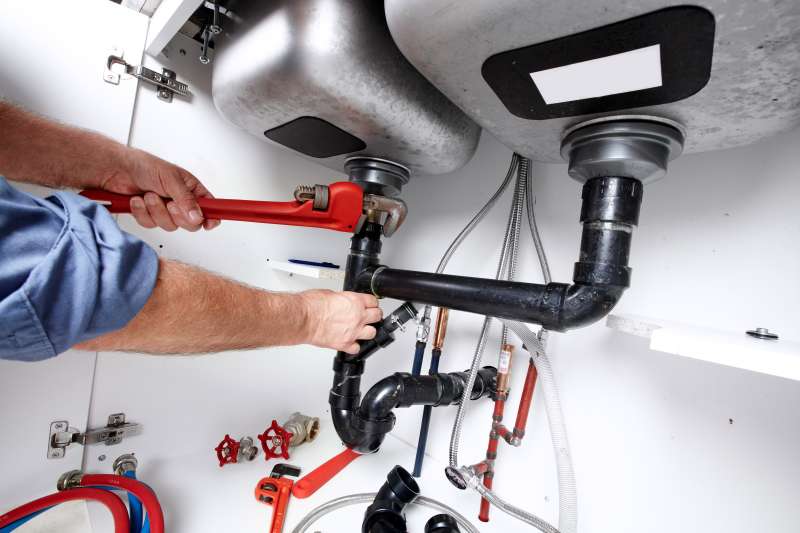
Handling groundwater in basements.
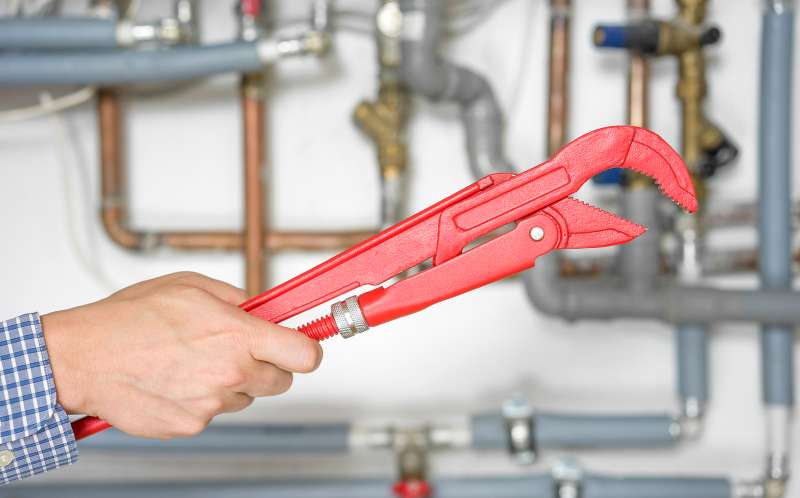
Setting up water-efficient or contemporary fixtures.
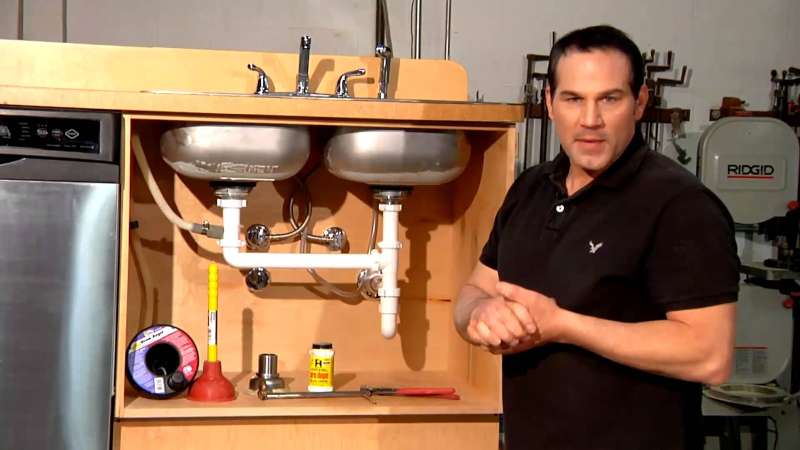
Encouraging on water-saving techniques and products.
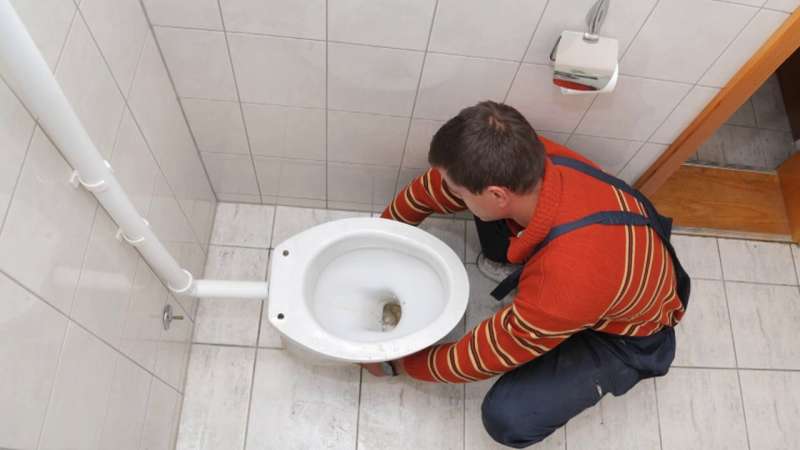
Installing water softeners and filtration systems.
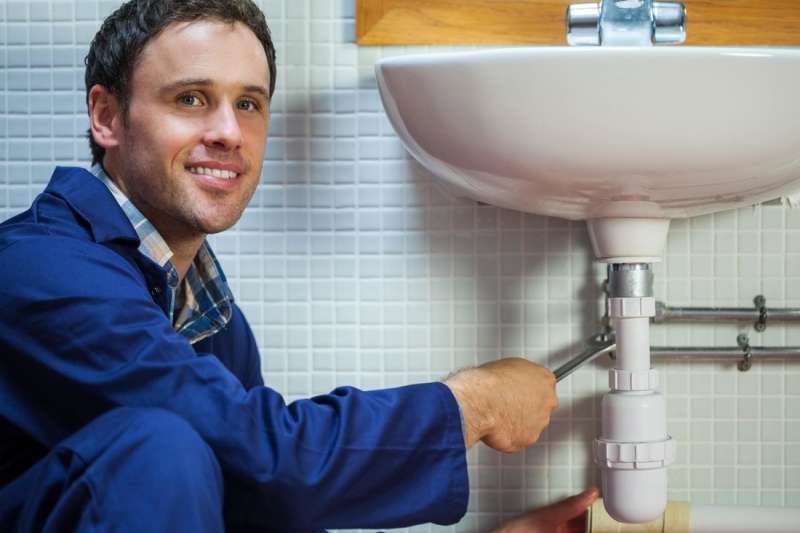
Flushing and examining hot water heater to lengthen lifespan.
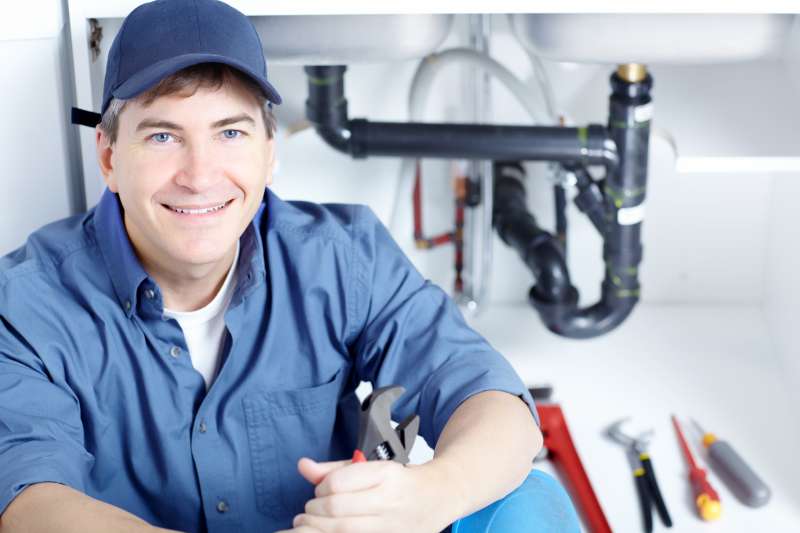
Dealing with problems with temperature level, leakages, or failure to heat water.
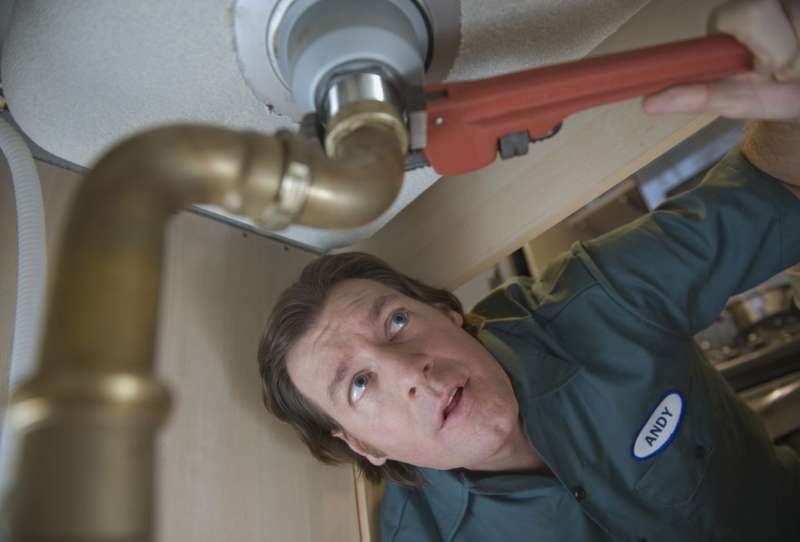
Safeguarding basements or other locations from water intrusion.
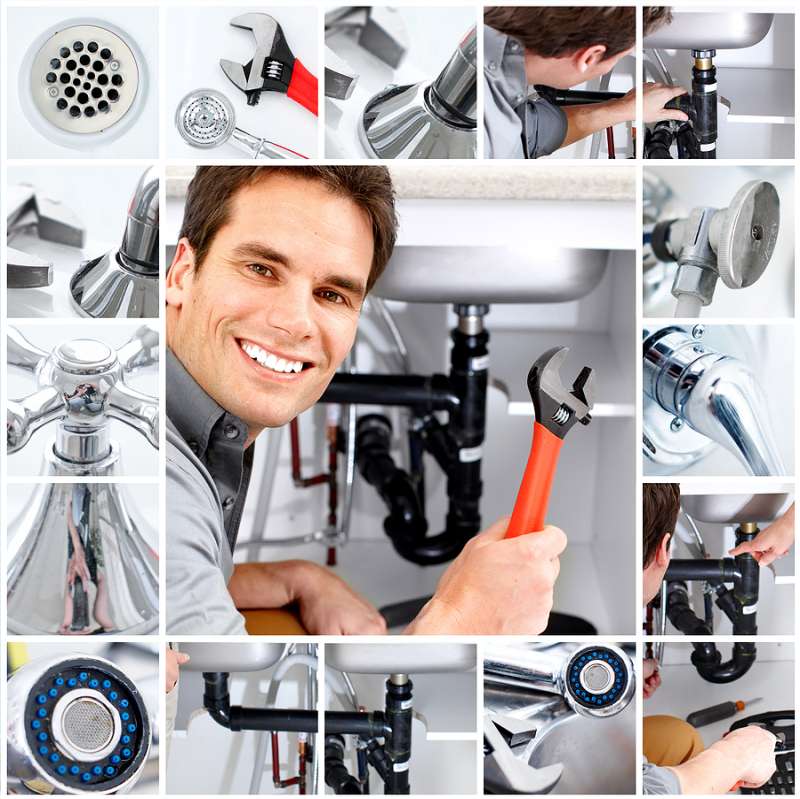
Immediate attention to prevent contamination and health dangers.